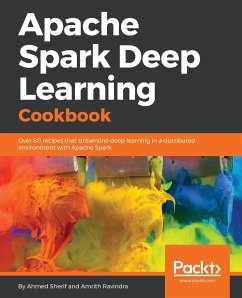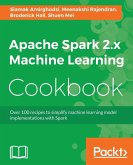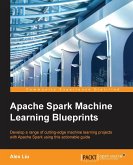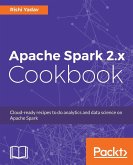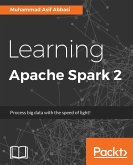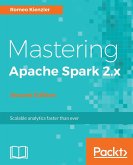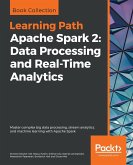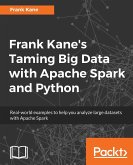Produktdetails
- Verlag: Packt Publishing
- Seitenzahl: 474
- Erscheinungstermin: 12. Juli 2018
- Englisch
- Abmessung: 235mm x 191mm x 26mm
- Gewicht: 877g
- ISBN-13: 9781788474221
- ISBN-10: 1788474228
- Artikelnr.: 53304873
Hinweis: Dieser Artikel kann nur an eine deutsche Lieferadresse ausgeliefert werden.
- Herstellerkennzeichnung
- Libri GmbH
- Europaallee 1
- 36244 Bad Hersfeld
- gpsr@libri.de

